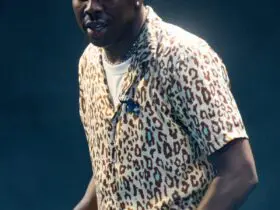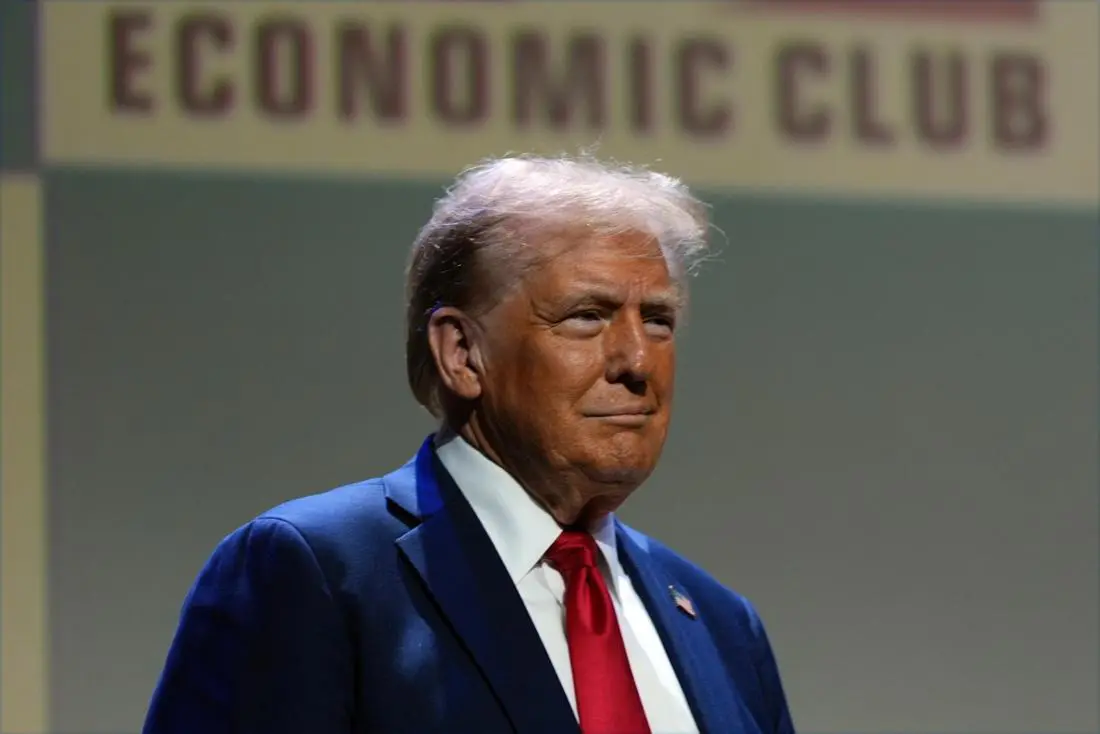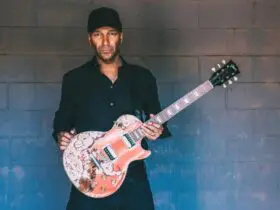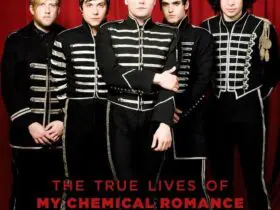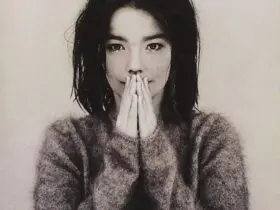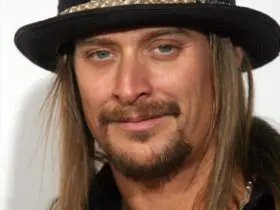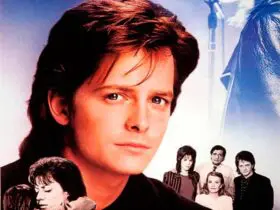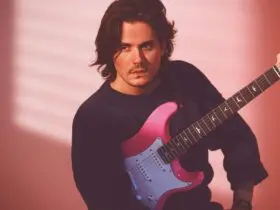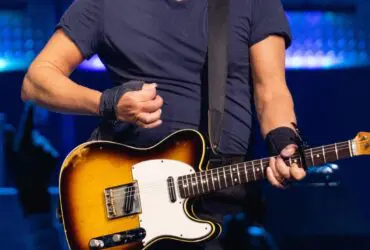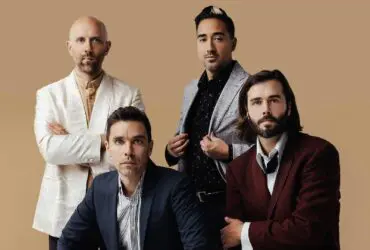Unexpected use of ‘Hallelujah’ at political rally sparks controversy
A surprising twist at a Pennsylvania event
In a recent event held in Oaks, Pennsylvania, what began as a conversation with the Governor of South Dakota, Kristi Noem, took an unexpected turn into a peculiar sing-along. The song in question was ‘Hallelujah’ by Rufus Wainwright, a choice that has since sparked significant controversy.
Artist’s reaction: a strong disapproval
Rufus Wainwright, the acclaimed singer-songwriter, expressed his dismay over the use of his song at the political event. He stated, “I do not approve of this use in any way and was mortified by it.” This reaction underscores the sensitive nature of music usage in political contexts, where artists often find their work co-opted for purposes they do not endorse.
The significance of ‘Hallelujah’
‘Hallelujah’ is a song with a rich history and deep emotional resonance. Originally written by Leonard Cohen, it has been covered by numerous artists, each bringing their unique interpretation to the piece. Wainwright’s version is particularly well-regarded for its hauntingly beautiful arrangement and vocal delivery. The song’s themes of redemption, love, and loss make it a powerful piece that resonates with many listeners.
The broader implications of unauthorized song use
The unauthorized use of music at political events is not a new phenomenon. It raises important questions about intellectual property rights and the ethical considerations of using art to further political agendas. Artists like Wainwright invest significant time and emotional energy into their work, and seeing it used in ways they do not condone can be deeply troubling.
The intersection of music and politics
Music has long been a powerful tool in political movements, capable of inspiring and mobilizing people. However, the use of music in politics must be handled with care and respect for the artists’ intentions. When songs are used without permission, it can lead to public backlash and damage the relationship between artists and their audiences.
Industry trends and artist protections
The music industry has been grappling with the issue of unauthorized song use for years. Various organizations and advocacy groups are working to ensure that artists have more control over how their work is used. This includes pushing for stricter enforcement of copyright laws and creating platforms where artists can easily grant or deny permission for their music to be used in specific contexts.
Reflecting on the event
The incident in Pennsylvania serves as a reminder of the importance of respecting artists’ rights and the emotional weight their work carries. It also highlights the need for greater awareness and sensitivity when selecting music for public events, particularly those with political undertones.
Share your thoughts
While comments are closed, we encourage you to share this article on social media and follow our site for future updates. Your engagement helps us continue to bring you insightful and thought-provoking content.
For more on Rufus Wainwright and his music, visit Rufus Wainwright on MusicStill.


